In this passage, the Preacher of Ecclesiastes gives vivid descriptions of both wisdom and folly. The benefits of wise living are priceless, while a life of foolishness is easy to come by. The Preacher says that he has seen everything life has to offer. He has seen both good and evil, and the power that lies within wisdom. What does it mean to pursue a life of wisdom as we live under the sun?
REFLECTION QUESTIONS
THINKING: QUESTIONS AIMED AT OUR MINDS TO HELP US UNDERSTAND GOD’S WORD.
In Ecclesiastes 7:1 the Preacher says, “A good name is better than precious ointment, and the day of death than the day of birth.” What does the day of death refer to?
Within the Old Testament, being righteous refers not only to ethical or moral behavior, but also to being “right” or “just” in one’s cause. What examples can you find of this in the Old Testament, especially in the Pentateuch? What does the Preacher mean by exhorting us to “be not overly righteous” (7:16), and to “be not overly wicked” (v. 17)?
FEELING: QUESTIONS AIMED AT OUR AFFECTIONS TO HELP US LOVE GOD
Why is mourning better than feasting, or sorrow better than laughter (vv. 2–3)? What does this say about who God is in your moments of pain and loss?
DOING: QUESTIONS AIMED AT OUR HANDS TO HELP US LIVE FOR GOD (PERSONALLY, COMMUNALLY, AND MISSIONALLY)
Consider the outline from pastor Clint’s sermon on this passage. What are some practical ways you can implement these truths in your everyday life?
Live in light of the end (v.1-4)
Always be teachable (v.5-6)
Don’t take the easy way out (v.7-10)
Accept your limitations (v.11-14)
Some questions adapted from Knowing The Bible - Ecclesiastes


